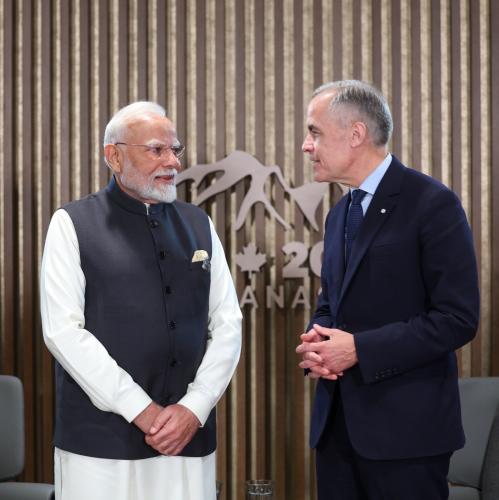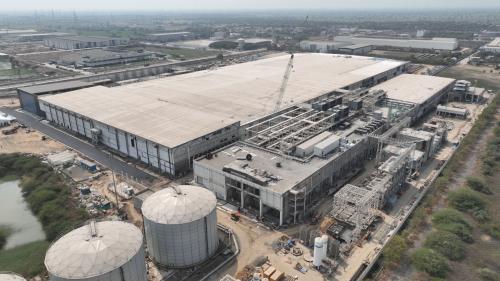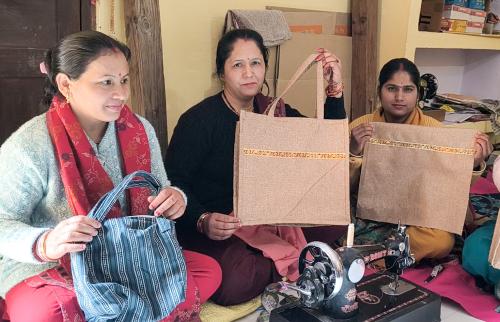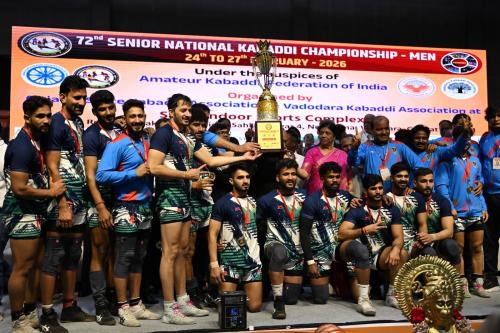By Rajesh Mahapatra Seventy years is not really a long time for an ancient civilization. But for a young nation, seven decades of memory, experience and events are more than enough to contrast India’s present with its immediate past. This comparison, however, would be unhelpful if we reduce it to a simple stock-taking exercise. Today’s India has become faster and better in so many ways that it would be unfair to compare and contrast over material advancements. Rather, reflecting on 70 years of Independent India should be about understanding the many imaginations around her future. Especially, amongst those who are increasingly becoming louder, voluble and clearer as the days go by. And here is where India is becoming more surprising, more curious and more intriguing by the day. Notably, the past few years have seen a spurt in agitations and massive stirrings by ‘backward caste’ farming communities, who urban India believed had gained much from commercial agriculture, green revolution technologies, subsidies and the expansion of primary commodity markets. A layer of rural India that became so “well off” that they were referred to seen as the “rurban” — beyond rural, but not entirely urban. The festering Jat protests in Haryana have, however, put more than a pause on our views of today’s rural India. How and why should such an eruption occur in a state which has the highest per capita income (about Rs. 1.5 lakh a year, at 2013-14 prices)? Does more development cause even more unmanageable aspirations? The recent patidar ‘revolt’ in Gujarat has added more fat to this fire. The western Indian state is witness to a patidar ferment despite being one of India’s most industrialized and fastest growing states over the past two decades. Shouldn’t rapid industrialization have spurred the rural sector — attracting its youth for jobs, making demands on agricultural produce and inspiring ancillary industries? And lastly, just for us to emphasize the point, witness the case of the humongous Maratha silent protests in the state of Maharashtra, which is the nation’s financial powerhouse. Why is the mix of Mumbai and Bollywood not enough for the Marathas? Economists and political analysts have pointed out that much of this discontent, alongside the desperation and violence by these farming communities, is no great mystery. Ever since agricultural commodity prices have dipped and input costs have risen, this otherwise dynamic segment in rural India, despite their material and social clout, has experienced palpable economic distress. Simply put, farming does not pay like it used to, which is why, for some TV channels, it is now only Jai Jawan. While we thus do know the sources of India’s current rural crises, what is most intriguing is how these farming communities are arguing and protesting a way out for themselves. Their demands are clear: they want government jobs and modern education through quotas and the time-tested belief in reservations. Their quest for a new future, in effect, is more about India’s past rather than its present. While for India’s successful urban children, a permanent government job is seen to be stifling and “totally uncool” even as a financial aspiration, the reverse seems to hold as one moves out of the city. Are large social chunks of India, in effect, still seeing the Nehruvian mixed economy and the Ambedkerite social inclusion model as viable pathways for meaningful futures? One must emphasize, here, that if anything, the agitations by these middle castes tell us that they are not the start-up, stand-up, risk-taking entrepreneurial individuals. Instead, they seem to consider the community as the basic social bloc for economic movement. And their discontent and anger appears to be growing amidst statistically successful developed states. If the argument is that imaginations about the future help shape and define aspirations, then India’s 70 years is still an open ideological debate. The idea about what comprises progress cannot be taken for granted, or assumed.
India at 70: The idea of progress cannot be taken for granted, or assumed
- by Rinku
- August 22, 2017 2 minutes
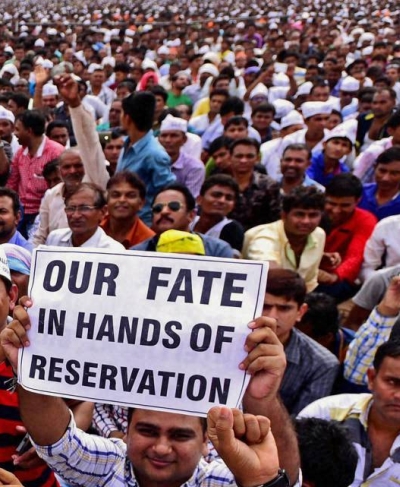
reservation





